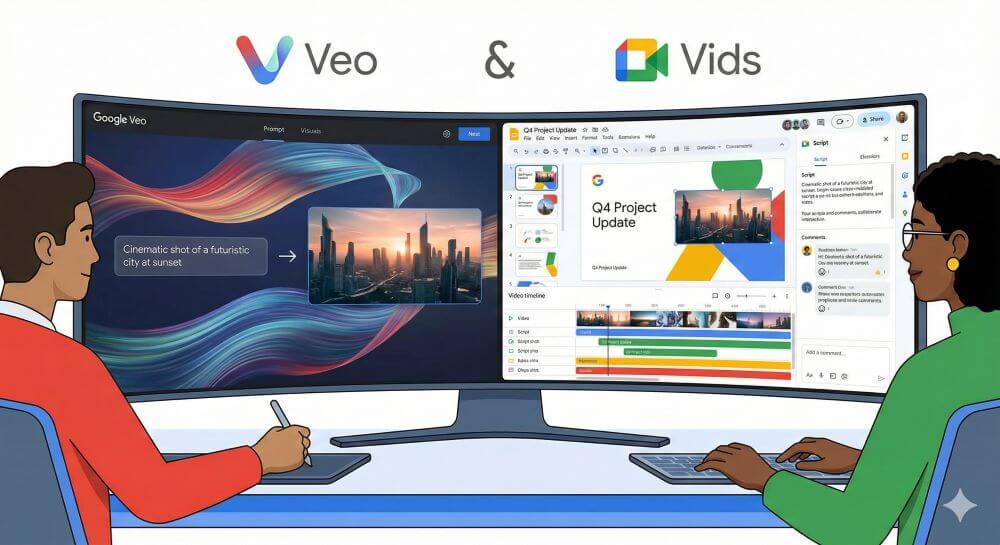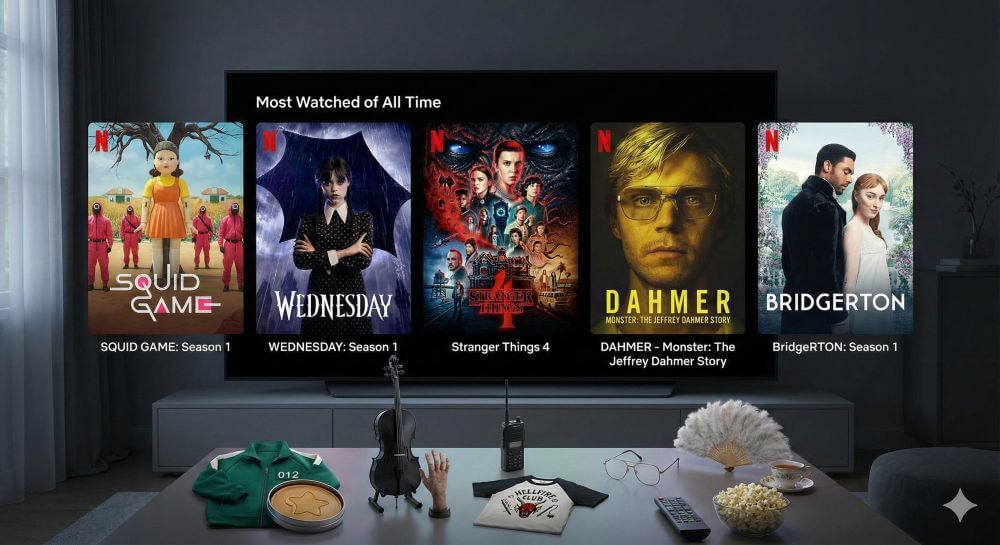Meta in court: Will the subscription requirement now be overturned?
For months, Facebook and Instagram users have faced a choice: reveal their numbers or their data. But this “take it or leave it” approach could soon be history. The Federation of German Consumer Organizations (vzbv) is now taking legal action against Meta to stop the controversial practice.
Here’s what’s behind the lawsuit and what its chances are.

What exactly is this about?
Since November 2023, Meta has been presenting its users in the EU with a tough choice:
- Ad-free for a fee: Subscribe to a monthly plan (approx. €10 to €13).
- Free in exchange for data: Use the service for free, but agree to the comprehensive use of your data for personalized advertising.
The German Federation of Consumer Organizations (vzbv) has filed a lawsuit against this “pay-or-consent” model with the Higher Regional Court of Cologne.
The consumer advocates’ accusations
Consumer advocates consider the pressure Meta puts on its users to be illegal. The main points of criticism:
- Sham voluntariness: According to the GDPR, consent must be given voluntarily. Anyone who has to use the app (for social or professional reasons) and cannot or does not want to pay is forced to share their data, according to the German Federation of Consumer Organizations (vzbv).
- Misleading: For years, Facebook advertised its service as “free and always will be.” The fact that users now effectively have to pay with their data as currency to gain access contradicts this promise.
- Lack of Transparency: It remains unclear exactly how much data is collected when users agree to tracking.
The Core of the Problem: According to the plaintiffs, privacy should not be a luxury item that has to be bought. The right to data protection should not depend on one’s financial means.
What is a remedial action?
This is not a normal lawsuit, but the most powerful tool in German consumer protection. Should the vzbv win, the court can directly order Meta to cease the practice or pay compensation. Users would then no longer have to sue individually to assert their rights.
The goal is clear: The “subscription-or-data” model should be banned in its current form.
Conclusion: A landmark ruling
The outcome of this case will be groundbreaking for the entire internet in Europe. If the court overturns the model, many online platforms would have to change their strategies. However, patience is required until a final ruling is reached.
Beliebte Beiträge
From assistant to agent: Microsoft’s Copilot
Copilot is growing up: Microsoft's AI is no longer an assistant, but a proactive agent. With "Vision," it sees your Windows desktop; in M365, it analyzes data as a "Researcher"; and in GitHub, it autonomously corrects code. The biggest update yet.
Never do the same thing again: How to record a macro in Excel
Tired of repetitive tasks in Excel? Learn how to create your first personal "magic button" with the macro recorder. Automate formatting and save hours – no programming required! Click here for easy instructions.
IMAP vs. Local Folders: The secret to your Outlook structure and why it matters
Do you know the difference between IMAP and local folders in Outlook? Incorrect use can lead to data loss! We'll explain simply what belongs where, how to clean up your mailbox, and how to archive emails securely and for the long term.
Der ultimative Effizienz-Boost: Wie Excel, Word und Outlook für Sie zusammenarbeiten
Schluss mit manuellem Kopieren! Lernen Sie, wie Sie Excel-Listen, Word-Vorlagen & Outlook verbinden, um personalisierte Serien-E-Mails automatisch zu versenden. Sparen Sie Zeit, vermeiden Sie Fehler und steigern Sie Ihre Effizienz. Hier geht's zur einfachen Anleitung!
Microsoft 365 Copilot in practice: Your guide to the new everyday work routine
What can Microsoft 365 Copilot really do? 🤖 We'll show you in a practical way how the AI assistant revolutionizes your daily work in Word, Excel & Teams. From a blank page to a finished presentation in minutes! The ultimate practical guide for the new workday. #Copilot #Microsoft365 #AI
Integrate and use ChatGPT in Excel – is that possible?
ChatGPT is more than just a simple chatbot. Learn how it can revolutionize how you work with Excel by translating formulas, creating VBA macros, and even promising future integration with Office.











































